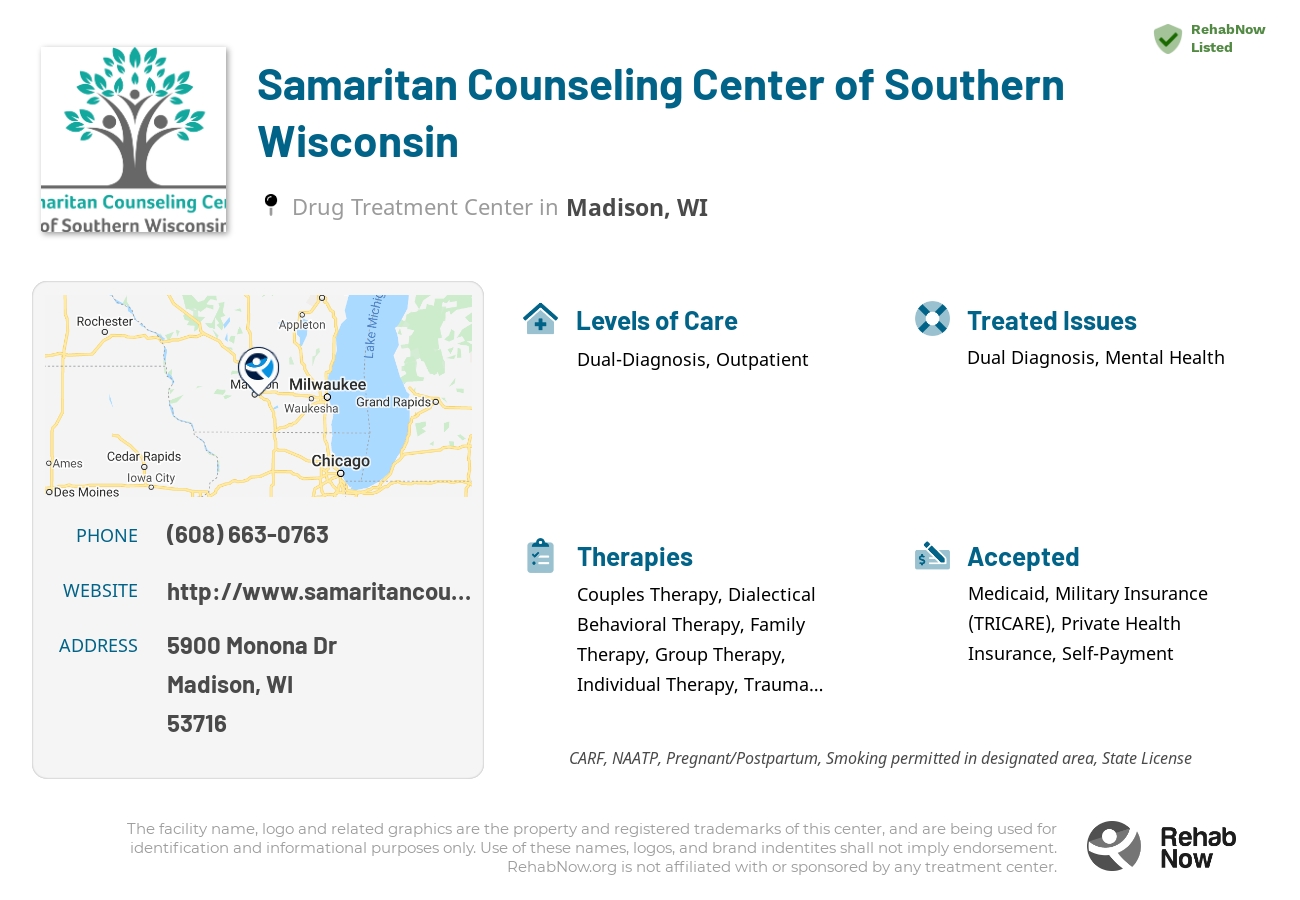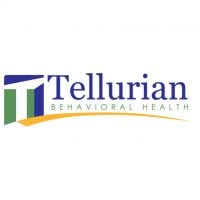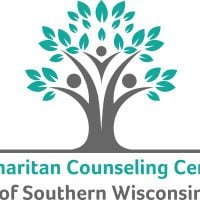
Samaritan Counseling Center of Southern Wisconsin
Drug Rehab Center in Madison, Wisconsin
- Mental Health
- Dual Diagnosis
The Samaritan Counseling Center of Southern Wisconsin in Madison, Wisconsin is a state-licensed and CARF-accredited facility that specializes in dual-diagnosis and mental health treatment, offering outpatient care, individual counseling, group therapy, family counseling, educational programming, detoxification and medication assistance, as well as relapse prevention services.
About Samaritan Counseling Center of Southern Wisconsin in Wisconsin
Samaritan Counseling Center of Southern Wisconsin in Madison, Wisconsin is a facility that specializes in the treatment of dual-diagnosis and mental health. Founded in 1993, the center offers different levels of outpatient care and accepts private health insurance. The center is affiliated with the larger Samaritan Counseling Center and is dedicated to providing quality care and support to individuals suffering from addiction and substance abuse.
At Samaritan Counseling Center, individuals can access a comprehensive range of treatments, such as individual counseling, group therapy, family counseling, and educational programming. Clients can receive help with detoxification and medications, as well as relapse prevention services. The center is state-licensed and accredited by CARF, the Commission on Accreditation of Rehabilitation Facilities. Additionally, the center is Certified as an Outpatient Addiction Treatment facility with the Wisconsin Department of Health Services.
Genders
Ages
Modality
Additional
Conditions and Issues Treated
Dual-Diagnosis
Dual diagnosis refers to someone who has both an addiction and a mental or emotional illness. Dual diagnosis treatment includes therapy for both issues simultaneously, allowing for effective treatment of either.
Sometimes people with addiction disorders also have co-occurring disorders like depression, anxiety, bipolar disorder, etc. These require specialized treatment programs that address both drug and alcohol addiction as well as psychiatric illnesses. Some rehabilitation facilities provide patients with co-occurring disorders a program with highly integrated services and a clean, distraction-free environment.
Dual Diagnosis (Co-Occuring Disorders), Mental Health
Levels of Care Offered
This center offers a variety of custom treatment tailored to individual recovery. Currently available are Dual-Diagnosis, Outpatient, with additional therapies available as listed below.
Outpatient Program
Alcohol or drug addiction, or co-occurring disorders, are treated in an outpatient program. The patient must attend therapy and other programs at the facility but can return home each night.
Outpatient treatment allows recovering addicts to live at home while receiving addiction treatment. Outpatients can attend group sessions for a few hours per week. Outpatients may also continue to work full time and study/attend school without interruption if they choose.
Therapies & Programs
Individual Therapy
Different people react differently to various treatment options. Some drug rehabilitation centers offer individualized treatment that caters to the specific needs of a drug addict. The best treatment option varies on an individual depending on the type of drug abused, life history, medical condition of the person, social circumstances, and the environment they live in now.
When a person enters drug rehab, they usually have anti-drug associations such as withdrawal symptoms, stress, cravings, etc. The first step of drug rehab is to detoxify the body from any residual substances in it. Drug rehabilitation centers usually employ trained medical professionals to help in this process. Usually, the initial detoxification lasts for five days, where the person is monitored under close supervision.
Couples Therapy
Couples therapy is a treatment method used to help couples in which at least one member of the couple has a drug addiction. The treatment is designed to help the couple strengthen their relationship to minimize the effects of drug addiction on their lives and promote healthy communication between them.
Couples therapy can be used whether the addicted partner is using drugs or in recovery. It helps the couple create healthy communication and coping skills to minimize the problem-solving abilities of one partner, which can then be directed at solving issues related to their addiction. It also helps couples address problems that may be related to drug addiction. Couples therapy can help couples feel like a team and not feel like their partner is the problem.
Couples therapy is very challenging for both the drug addict and their partner. It requires an intense commitment between the two individuals to participate in the sessions and the homework assigned between sessions.
An additional benefit of couples therapy is that it can help make other types of treatment, such as 12-step programs, more effective.
Family Counseling
Family therapy sessions typically involve the addict and their family members. During these sessions, a therapist will work with everyone involved to help them understand addiction and find healthy ways of coping without substance abuse.
Some addicts might feel embarrassed about their substance abuse problems. By encouraging family members to attend these sessions, therapists can show addicts that they’re not alone in dealing with addiction. Therapists can also work with family members to help them understand addiction and learn how to offer support and encouragement to their loved one as they deal with substance abuse issues.
Attending group therapy at Samaritan Counseling Center of Southern Wisconsin in , is a useful way for those seeking sobriety to realize they aren’t the only one going through it.
This is when a group of people on different recovery phases get together and talk about what they’re going through, their triggers, successes, and failures. This can include alternative types of therapies too! Group therapy may occur on an outpatient or inpatient basis with groups that have no pre-existing relationships outside the session, unlike support groups where everyone already knows each other beforehand.
Trauma therapy is a form of therapy used to help people process and understand past traumas. This can help struggling addicts, as many people turn to drugs or alcohol to mask the pain of their past. Trauma therapy can be done in several ways, such as through visualization, discussion, and writing down thoughts and feelings. The goal is to help the individual understand why they are having problems coping with certain situations and changing how they think and react to things. This is often done in tandem with other therapies to treat the underlying issues associated with addiction.
The idea behind trauma therapy is that while some people can experience traumatic events and not have lasting psychiatric symptoms, many others will. In these cases, memories get hidden from consciousness but continue to influence how the person processes and copes with things in their life. They may avoid situations that resemble what happened or become suddenly angry or irritated to a situation that reminds them of a past event. With the help of a therapist, people can go back over memories and experiences. This helps them understand why they are having problems coping with certain situations and changing how they think and react to things.
The use of Rational Emotional Behavior Therapy for addicts has been shown to have positive and desirable outcomes. It is a form of specific counseling that replaces negative and self-limiting thoughts with positive and productive behaviors. Self-defeating thoughts and habits can limit your possible successes. Some examples of this are procrastination, unhealthy eating, and angry outbursts. You may not be aware that some unhealthy behaviors and thoughts are sabotaging your potential accomplishments.
Cognitive Behavioral Treatment (CBT), Couples Therapy, Dialectical Behavioral Therapy (DBT), Dual-Diagnosis, Family Therapy, Group Therapy, Individual Therapy, Outpatient Treatment (OP), Trauma Therapy
Payment Options Accepted
For specific insurance or payment methods please contact us.
Is your insurance accepted?
Ask an expert, call (888) 674-0062
Additional Details
Specifics, location, and helpful extra information.
Madison, Wisconsin 53716 Phone Number(608) 663-0763 Meta DetailsUpdated November 25, 2023
Staff Verified
Samaritan Counseling Center of Southern Wisconsin Patient Reviews
There are no reviews yet. Be the first one to write one.
Madison, Wisconsin Addiction Information
Wisconsin has some of the highest rates in the United States for both adolescent and adult substance abuse. Since 2009, the state has been experiencing the same escalating rates of drug abuse and addiction as the rest of the country. The major concerns are the misuse of prescription painkillers and the escalating number of deaths due to alcohol-related liver disease.
Madison, Wisconsin is struggling with an opioid crisis. In 2017, there were 234 drug overdoses in Madison. 1 in 5 residents knows someone who has died from a drug overdose. 8.3% of Madison residents report heavy drinking. This area ranks 4th among Wisconsin cities for drug use disorders. The centers in Madison offer a variety of services, including individual and group counseling, medication-assisted treatment, and detoxification.
Treatment in Nearby Cities
- Marshfield, WI (119.4 mi.)
- Ellsworth, WI (195.7 mi.)
- Salem, WI (70.7 mi.)
- Cleveland, WI (99.0 mi.)
- Hudson, WI (216.3 mi.)
Centers near Samaritan Counseling Center of Southern Wisconsin
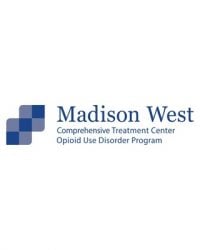
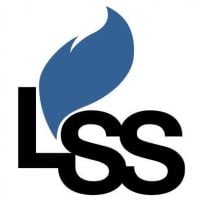

The facility name, logo and brand are the property and registered trademarks of Samaritan Counseling Center of Southern Wisconsin, and are being used for identification and informational purposes only. Use of these names, logos and brands shall not imply endorsement. RehabNow.org is not affiliated with or sponsored by Samaritan Counseling Center of Southern Wisconsin.


